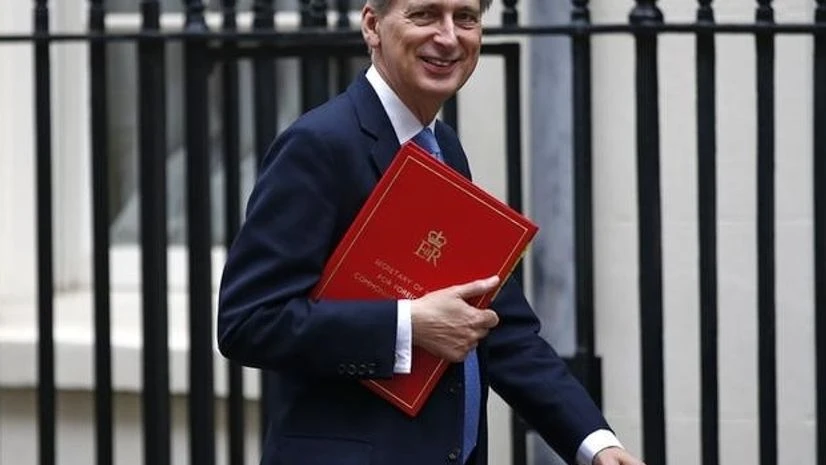Germany wants a message of stability to emerge from this weekend's G20 meeting in China, where Finance Minister Wolfgang Schaeuble will also meet his newly appointed British counterpart Philip Hammond to discuss Brexit, a senior government official in Berlin said on Wednesday.
Finance heads from the world's 20 leading economies will confront fresh fears about protectionism when they meet in Chengdu, with Brexit fallout and dwindling policy options to boost global growth expected to dominate talks.
The Group of 20 finance ministers and central bankers will put the spotlight on Hammond, who makes his international debut at the gathering and will need to answer questions about how London will manage its exit from the European Union.
"Brexit will be one of the topics in focus of discussions," the senior official said on condition of anonymity.
The official added Germany also expected the meeting to focus on creating better conditions for sustainable growth and strengthening the resilience of economies.
"The issue of structural reforms will be paramount... we won't have a debate about more stimulus or not," the official said, adding participants could agree on certain guidelines for such reforms.
More From This Section
"For us it's clear that Chengdu will send a signal of stability and reliability," the official said.
The official added that Schaeuble would push for further measures to fight global tax evasion such as sharing detailed data on the ownership of companies, trusts and foundations.
Hammond said last week that he wants Britain to ensure access to the EU's single market for its financial services industry, despite the decision to leave the bloc.
But Schaeuble has already made clear that access to the EU's single market means accepting the bloc's basic freedoms, rejecting suggestions from London that Britain could retain full market access while curbing immigration.
Some British politicians who advocated Brexit have suggested Britain could have full EU market access, including for the vital financial sector, while limiting the number of EU nationals who enter the country. The EU's single market seeks to guarantee the free movement of goods, capital, services, and people between the EU's 28 member states.

)
